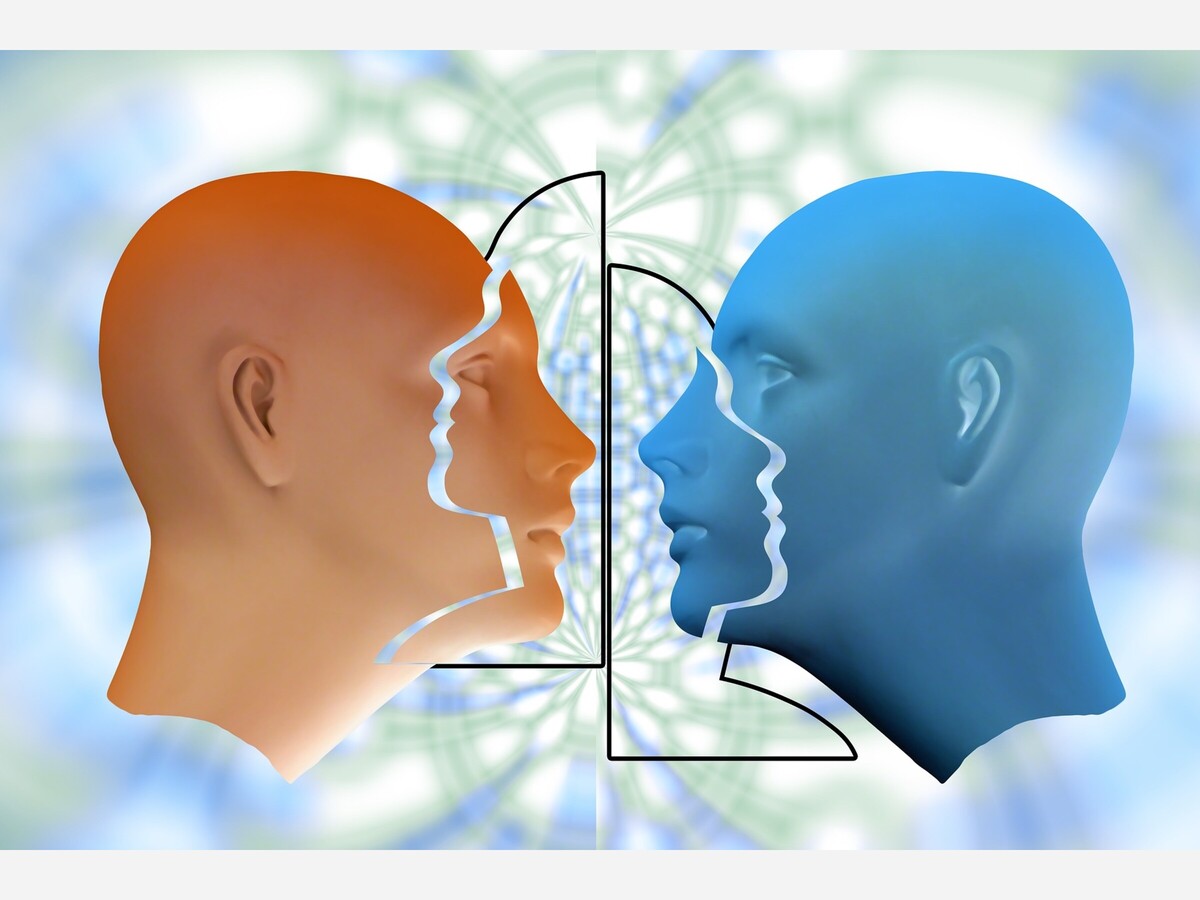Image


Dr. Bruce Lipton, a renowned cell biologist, author, and speaker, has significantly impacted our understanding of the interconnectedness between biology and consciousness. His theories challenge conventional wisdom and offer a fresh perspective on the power of the human mind to shape our reality. In this blog, we will delve into the fascinating world of Bruce Lipton's theories, exploring the Biology of Belief, the impact of epigenetics, and the role of the subconscious mind in our lives.
The Biology of Belief
One of the cornerstones of Lipton's work is his best-selling book, "The Biology of Belief," in which he proposes that our beliefs and thoughts directly impact our physical body. This revolutionary idea posits that we are not simply victims of our genes but rather that our views and opinions can change our genetic expression.
Lipton supports his theory with research on the behavior of cells in response to different environmental stimuli. According to him, our cells are like tiny antennas constantly receiving and interpreting ecological signals. When the mind perceives a threat, our cells produce stress hormones, whereas when the mind senses safety and love, our cells have growth hormones. This understanding challenges the deterministic view of genetics and allows conscious transformation.
Epigenetics: The Power to Shape Our Destiny
Epigenetics studies how environmental factors, such as diet, stress, and social interactions, can influence gene expression without altering the DNA sequence. Lipton's work in epigenetics further underscores the idea that we are not simply products of our genetic makeup. Instead, it demonstrates that we have the power to shape our destiny through conscious choices and lifestyle changes.
For example, Lipton's research has shown that a nurturing environment can positively affect the expression of genes responsible for growth and development. Conversely, a stressful environment can lead to negative gene expression, potentially resulting in health issues and other undesirable outcomes. This knowledge empowers individuals to take control of their health and well-being by adjusting their beliefs, habits, and environments.
The Role of the Subconscious Mind
Another critical aspect of Lipton's theories is the subconscious mind's role in shaping our reality. According to Lipton, the subconscious mind is like a "supercomputer" that processes millions of bits of information per second, while our conscious mind can only process around 40 bits per second. This means that most of our behavior is driven by our subconscious programming, formed during the first seven years of our lives.
Lipton emphasizes the importance of reprogramming the subconscious mind to bring about desired changes in our lives. So, how do we do this? First, we have to understand our brain waves.
Brain Waves
Alpha and Beta waves arise when we are in the most conscious, waking states. We usually say affirmations and listen to self-help programs in one of these two states. Typically, we meditate when Alpha waves are present, which is a relaxed and focused state of mind. On the other hand, Beta waves are associated with active concentration and alertness, so we tend to experience them during our waking hours when we're engaged in cognitive tasks.
According to Lipton, we could say positive things all day. Still, it won't change our perception because our subconscious isn't "recording." To change how we feel about ourselves and perceive the world around us, our subconscious must listen.
Theta and delta waves are specific types of brainwaves associated with different states of consciousness, and they play a significant role in the functioning of the subconscious mind.
Theta waves are common in children but also occur in adults during drowsy states with reduced physical world awareness, such as hypnosis. The presence of these waves in both light sleep stages and focused tasks makes them particularly intriguing. Lipton highlights that these waves play a crucial role in healing, heightened creativity, recalling emotional experiences, memory retrieval, and forming new memories from thoughts.
When the brain is in a theta state, it is more receptive to new information, making it an ideal time for reprogramming the subconscious mind with new beliefs and habits.
Delta waves are the slowest brainwaves, mainly present during deep, dreamless sleep or unconsciousness. This stage of sleep is crucial for the body's restorative processes, such as cellular regeneration and the release of growth hormones. Although delta waves are less directly connected to the subconscious mind than theta waves, they are still essential for overall well-being and integrating subconscious processes.
I will reiterate this because this is critical - theta waves are significant for accessing and reprogramming the subconscious, while delta waves involve restorative processes and overall well-being.
That said, listening to positive affirmations while sleeping is far more beneficial than repeating positive affirmations or listening/reading self-help books when we are awake. In a theta state (hypnosis), we can replace limiting beliefs with empowering ones, creating a new reality in line with our conscious desires.
Conclusion
Bruce Lipton's theories emphasize the power of thoughts, beliefs, and the subconscious mind to influence gene expression and shape our reality, offering an empowering perspective on human potential for personal growth and transformation.
By understanding the power of our thoughts and beliefs, and the role of our subconscious mind, we can make conscious choices that lead to healthier, happier lives. Embracing these ideas can open up a world of possibilities for personal growth and transformation, ultimately enabling us to become the architects of our destiny.